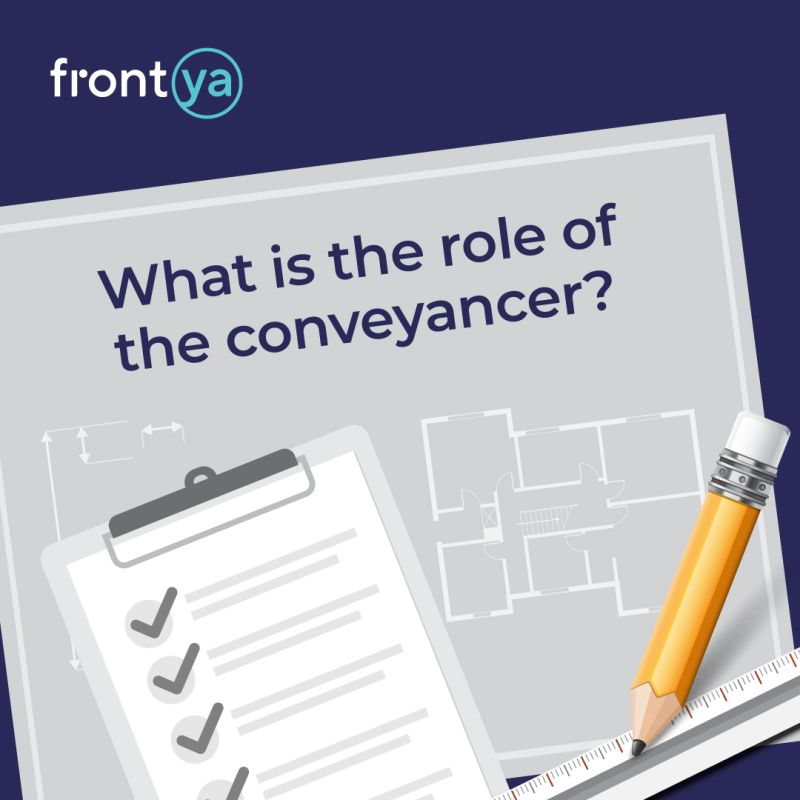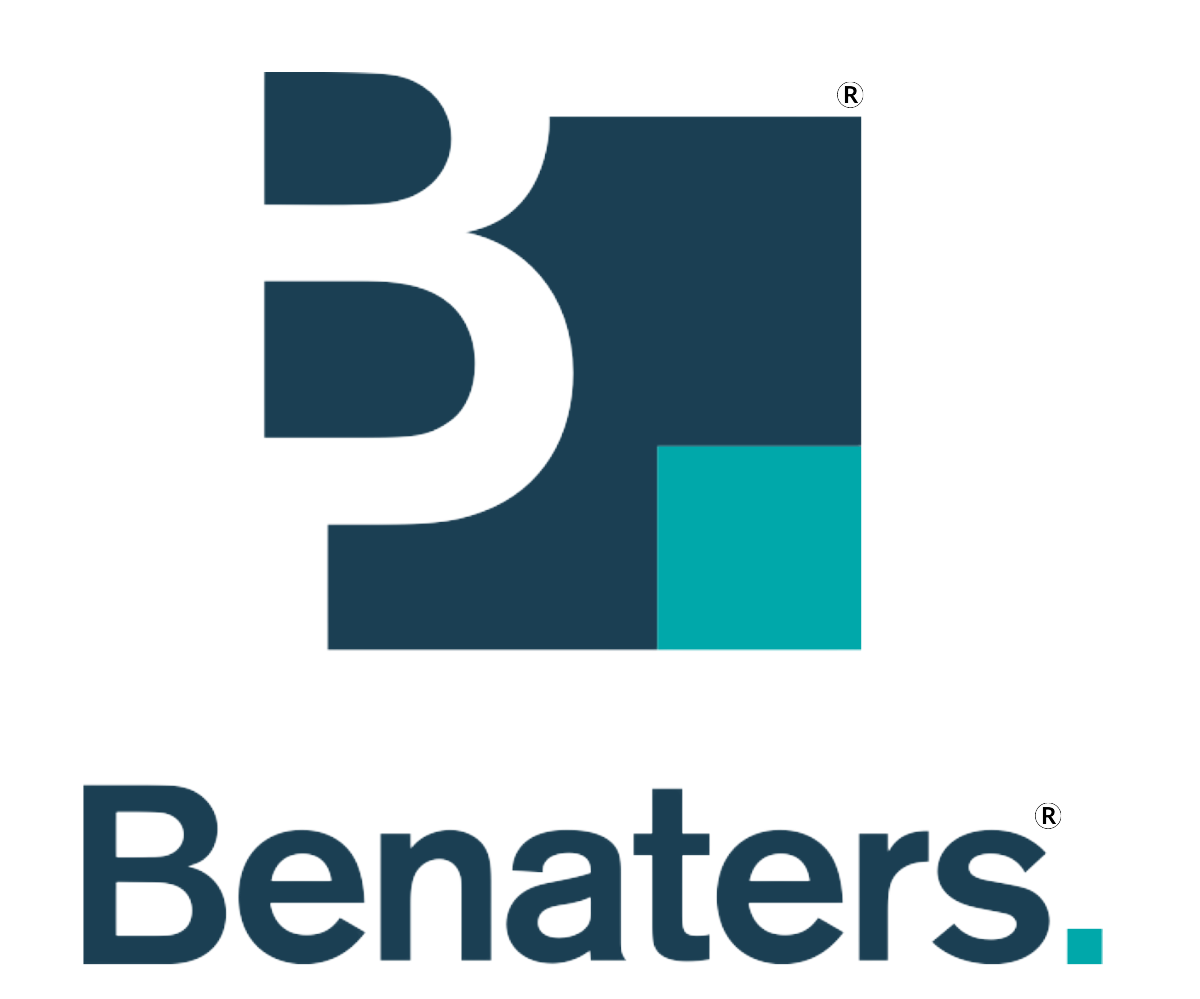Conveyancer Fundamentals Explained
Conveyancer Fundamentals Explained
Blog Article
The Only Guide to Conveyancer
Table of ContentsSome Known Details About Conveyancer The Only Guide for ConveyancerConveyancer Can Be Fun For AnyoneWhat Does Conveyancer Mean?The 45-Second Trick For Conveyancer
Liaising with the Land Windows registry, a federal government division, updates the public document with the building's most current owner. The purchaser's solicitor takes care of the stamp responsibility land tax obligation after possession transfer.It's payable to HM Income & Traditions. Customers require to pay this without delay, typically within 2 week of conclusion, to prevent penalties. Residential property acquisitions featured charges, and conveyancing is no exception. Conveyancing fees cover 2 primary areas: the conveyancer's fee and disbursements. The conveyancer's fee is for the legal job of transferring building.
Fixed charge conveyancing charges a set price for conveyancing job. No Sale No Cost conveyancing ('NSNF') charges only if the deal is effective.
Picking a professional is essential to a smooth home purchase. For a conveyancer search, ask close friends or family members who've purchased building. Estate agents might likewise recommend conveyancers.
Some Known Questions About Conveyancer.
While both conveyancing lawyers and certified conveyancers are greater than efficient in taking care of the entire purchasing and selling process, if there are any type of other lawful factors that must be attended to during the transaction (such as how you leave home in your Will certainly), a conveyancing solicitor may be a better choice.

Nevertheless, you must know that generally conveyancers pay referral charges to the representatives for intro of a new customer (Conveyancer). Offered that the estate agent obtains a monetary advantage if you select their conveyancer, you should take into consideration all of your alternatives and visit multiple conveyancer and compare their fees and evaluations
Ask about their regional home experience, fees, and the anticipated conveyancing timeline. While practically possible, the process lugs threats and obstacles. Nothing legitimately prohibits buyers and sellers from acting as their own conveyancer.
The Basic Principles Of Conveyancer
Conveyancing entails lots of legal terms and detailed procedures. Taking this on without professional training subjects you to potential challenges. One oversight can jeopardise your residential or commercial property legal rights. Falling short to find a problem in the title acts can lead to a loss of ownership. Errors in the paperwork might trigger conflicts with your home loan provider or postpone your action.
A conveyancer has the understanding to take care of intricacies, ensuring a smoother process. A conveyancer helps when you're marketing. A conveyancer helps in the preparation of legal documents required for the building sale. These files include title actions, home information forms, and fixtures and installations lists. Preparing the sale agreement is one more job, detailing terms of sale, residential property cost, borders, and legal rights of way.

The Single Strategy To Use For Conveyancer
This short article will describe the importance of the function and the various sorts of expert conveyancers.

Conveyancers must follow legal procedures when preparing and refining papers for the transfer of residential property from someone to another. click this A conveyancer can only act upon part of both parties in specific situations - for instance, if both parties belong or they are in service partnership together. A conveyancer needs to not act for both celebrations if they have a problem of passion in relation to the purchase.
The account needs to be authorized by Customer and Organization Services (CBS) and be kept in a bank, developing culture or lending institution. You must: keep all records of trust moneyissue comprehensive receiptsarrange for accounts and documents to be investigated yearly. Conveyancing companies have to have professional indemnity insurance. You require to show proof of the insurance coverage when you renew your registration each year - for example, a copy of the insurance policy certificate.
Some Of Conveyancer
Conveyancing is the lawful process through which the authorized ownership of an unmovable home is acquired. Essentially, a brand-new action of transfer is prepared by a conveyancer and lodged at the acts office. In this short article, we will certainly consider whatever you need to understand about conveyancing. A conveyancer is an attorney who has specialised (and certified) in the preparation of actions files which by law are registrable in the Deeds Computer system registry.

A conveyancer is primarily the transfer lawyer of a building, a bond attorney addressing a new bond registration, or a cancellation attorney addressing visit this site the cancellation of existing bond(s). The conveyancer obtains all the legal documents look these up in order to be able to file with the Deeds Office. When you purchase a residential or commercial property, the seller will select a conveyancer that will certainly submit with the Deeds Office to get the building moved to your name.
Report this page